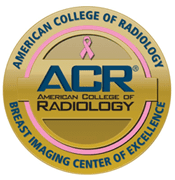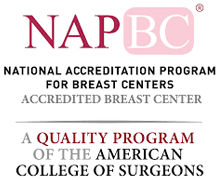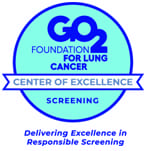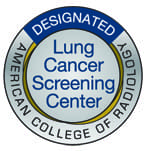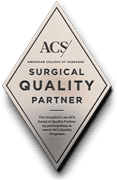Esophageal Cancer
Esophageal cancers (also called esophagus cancer) are rare and complex, making up only about 1% of all cancers diagnosed in the United States. Esophageal cancer starts in the tissues in your esophagus, the long muscular tube that moves food from your throat to your stomach.
 Customized Care for Esophageal Cancer Treatment
Customized Care for Esophageal Cancer Treatment
Your cancer care team at Phoebe has an experienced group of specialists to support your physical and emotional needs, from diagnosis through treatment, survivorship and wellness. Our treatment program uses a multi-disciplinary team approach to deliver the highest level of care throughout our patients’ journey, from prevention to treatment and survivorship.


